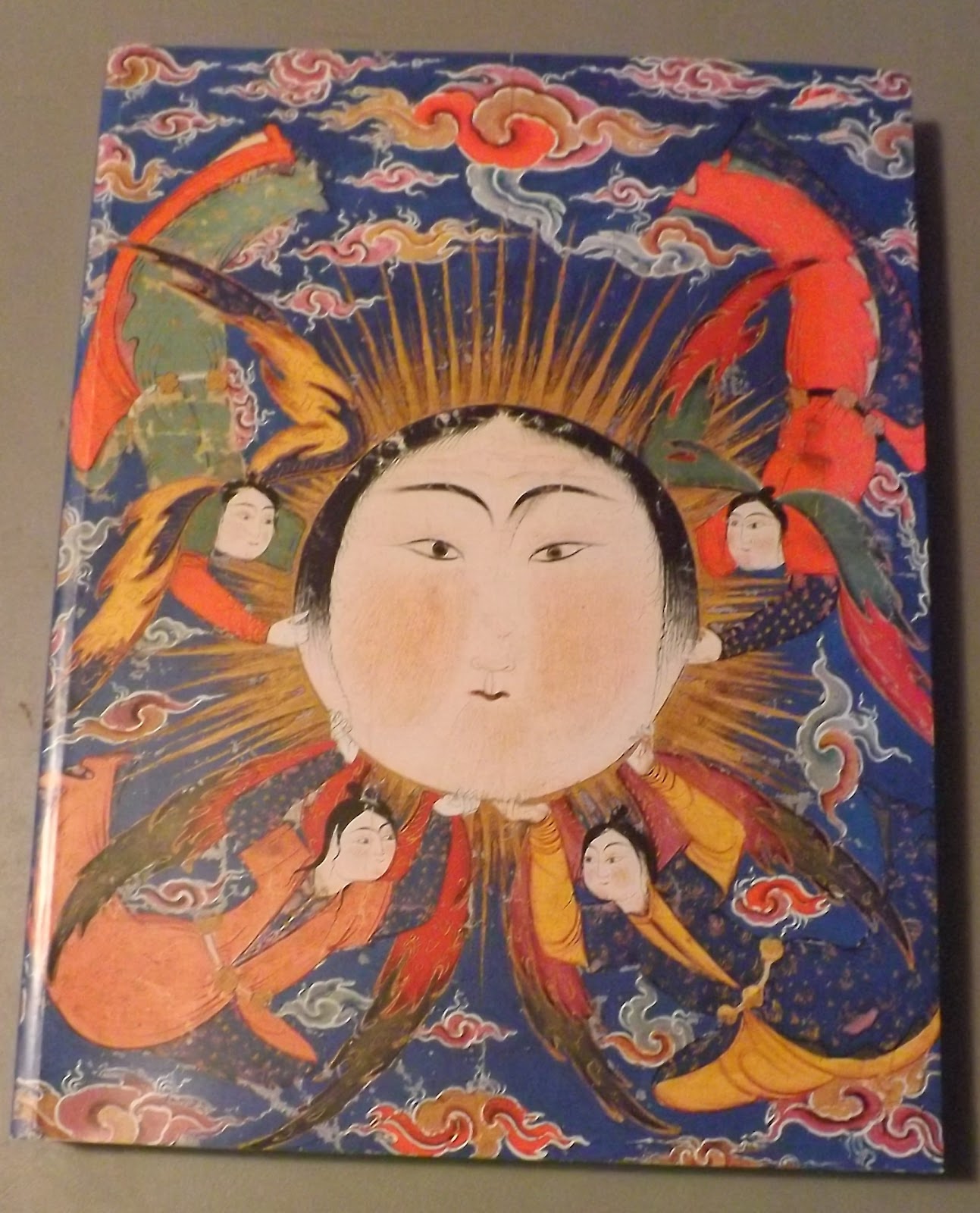Over the past decade, I experienced periodic urges to study and learn more about bibliomancy, the art and practice of divination based on the content of a book, text or illustration, via the random selection of a page, used as the source of the divination. A simple process, pose a question, choose a book and open the book to a random page, read the page, and then divine insight or guidance to answer the question vis the content of the page. When down in the dumps about life and happiness I sometimes think the answer to all that troubles me is to simply "hang a shingle" and build an app to provide divination through book content. Traditional books used for bibliomancy include a, Homer’s Iliad and Odyssey, Vigils Metamorphosis, Dante's Divine Comedy, The Bible (Old and/or New Testament), and The Works of Shakespeare, seem to be most mentioned. The choice of book is not set, and any beloved book is acceptable. My choice of book would most likely be Rabelais, Gargantua and Pantagruel although a close second would be Henry Miller, Tropic of Capricorn. While I often fantasize about such a bold move, I generally just laugh at myself and bury the idea deep in my mind for future comic relief.
A few years ago, while pondering, yet again, the launch of a
bibliomancy practice I stumbled upon a reference to bibliomancy traditions and
Islamic cultural variation, and I spent a few days searching for a book on that
tradition to add to my library. My search was successful, and I acquired
a used, in fine condition, copy of a museum exhibition catalog. I was
initially surprised by the cost of the acquisition, I ended up paying more than
I expected, but the need was solid and the enjoyment priceless. The
book I found was Falnama: The Book of Omens by Massumeh Farhed,
Arthur M. Sackler Gallery, 2009. A standard
Museum Exhibition publication which includes various essays concerning the
history of Islamic bibliomancy traditions and reproductions of manuscript pages
from the Exhibit. At the time I was
happy to discover the paperback edition which was more affordable than the few
hardcover copies available. That remains
the case today with four copies of the hardcover available from $275-$1000 and
five copies of softcover available from $95 to $900,via www.abe.com.
Falnama: The Book
of Omens by Farhed Massumeh, Arthur M. Sackler Gallery,
2009 Paperback.
The various essays in this volume and the illustrations are
comprehensive, detailing the content and the role of the Falnama in Islamic
culture, especially Iran and Turkey in the 16th and 17th centuries. A wonderful edition and a wide-ranging
introduction to Islamic bibliomancy tradition and practice.
I recently discovered a facsimile edition of one of the very rare editions of a complete Falnama and gladly ordered a copy. I was at least a year late in discovering this recent publication and it took a few searches to find a copy for sale, but I was able to secure a new copy for a very reasonable price!
https://www.khalilipublications.com/product/the-khalili-falnamah/
This is a beautiful edition of a rare Indian manuscript which includes wonderful background essays on the history and practice of Islamic bibliomancy traditions and practice and a complete facsimile of the original manuscript. It is very affordable direct from the Khalili Foundation website. The above link includes not only purchasing information but a nice gallery of the facsimile sample pages. . I have no idea of the initial printing size but I am certain the available, new copies, will sell out. Prices on the secondary market will rise quickly, the time to acquire is now.


